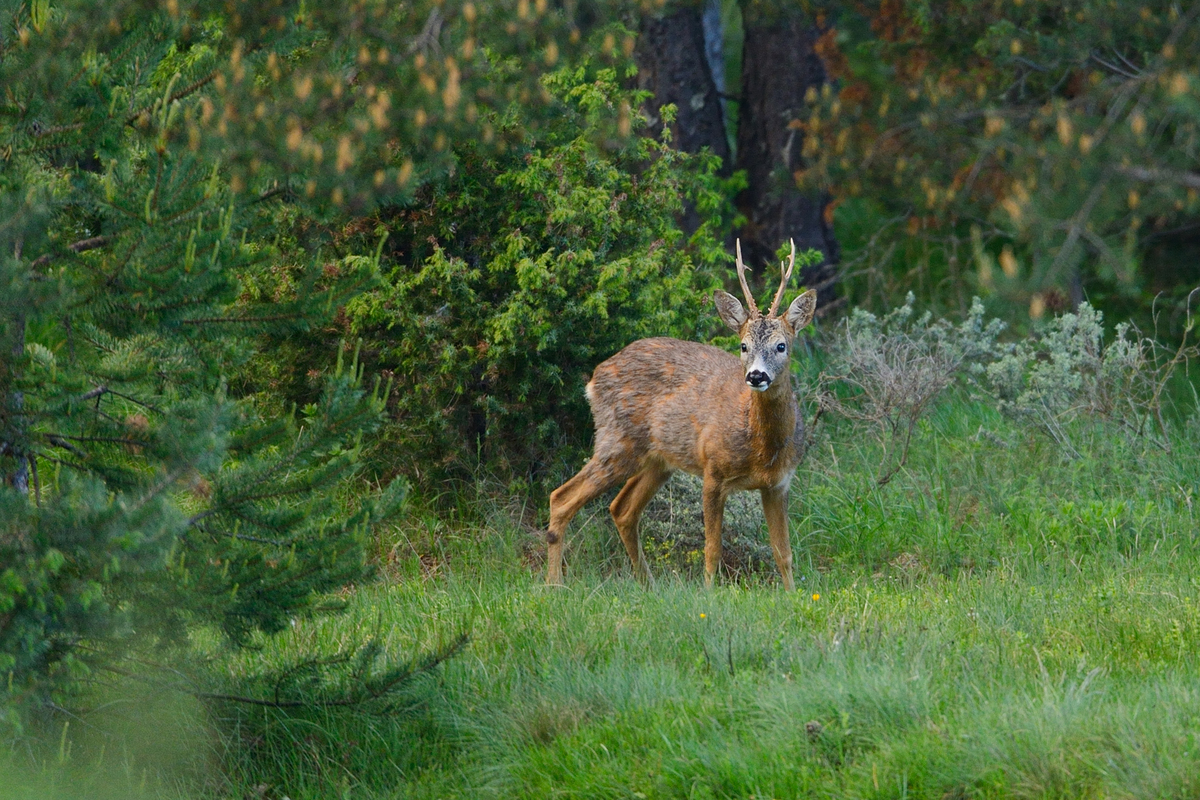A study conducted by researchers from CESAM has revealed that rewilding efforts in the Greater Côa Valley, Portugal, are facilitating the return of roe deer (Capreolus capreolus) to the region, beneficial for the Iberian wolf and local producers. The Rewilding Portugal team has been working to support the recovery of the Iberian wolf (Canis lupus signatus) population south of the Douro River, where the lack of natural prey has caused conflicts with local producers. The program includes measures to promote the return of roe deer, which can help reduce wolf predation on livestock. Research shows an increase in the roe deer population in areas where rewilding measures have been implemented. Creating ponds, recovering burned areas, and clearing bushes are some of the measures taken to restore roe deer habitat.
The study indicates that roe deer are migrating to the north and west of the Greater Côa Valley, and future efforts should focus on expanding the species to the west. The reintroduction of other species of wild prey, such as deer and wild goats, is also being considered to reduce wolf predation on livestock.
In the future, the teams from CESAM and Rewilding Portugal will continue to monitor the roe deer in the rewilding areas distributed throughout the landscape of the Greater Côa Valley. This monitoring will also be an integral part of the LIFE LUPI LYNX project, coordinated by researcher Rita Torres from CESAM/DBIO, which will be launched to support the recovery of Iberian lynx and wolf populations south of the Douro River in Portugal and Spain.
For more details, read the original article here.
(Text by: Tânia Barros; Image: Staffan Widstrand, Rewilding Europe)
